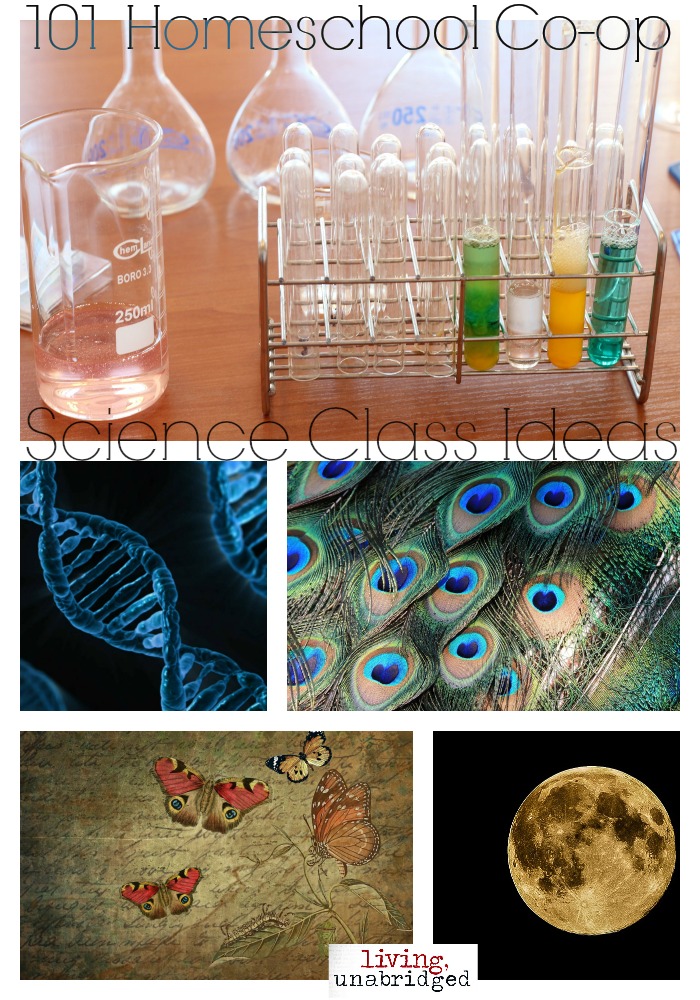This post was inspired and sponsored by Air Is Not Oxygen: Essential Science You Should Have Learned ... But Probably Didn't!. Opinions are my own and I was not required to write a positive review.
If you are part of a homeschool co-op, you probably help come up with class ideas and titles. Maybe you have to teach a subject that wouldn't be your first choice. If you're planning your next year already, like our is, you might need some inspiration. So today I'm sharing a list of Science class ideas. Some are subjects, some are titles. This is just to help you get those creative juices bubbling. I'd love to hear your ideas for Homeschool Co-op Science classes, too, so please share your ideas in the comments.
Homeschool Co-Op Science Class Ideas
 Biology Classes
Biology Classes
1. The Human Body.

Exploring Creation with Human Anatomy and Physiology (Young Explorer Series)
from Apologia for teaching this course but there are really so many great resources, both free and paid, for this subject.
2. The History of Medicine. A possible text for older students:
Exploring the History of Medicine
3. Biology. Our co-op is using Apologia's textbook:
Dissection is one of those things I'd rather have happen at co-op than at home!
4. Health. Most high school students need a Health credit, but it could make a fun class for younger students too.
5. Nutrition
6. 1st Aid & Safety
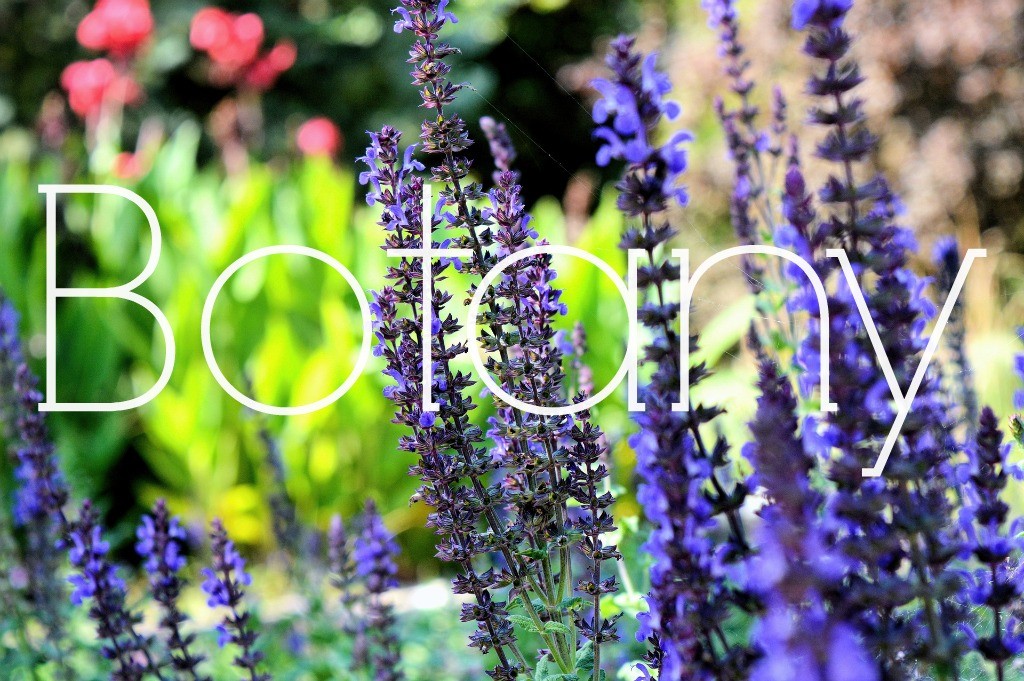 Botany Classes
Botany Classes
7. Gardening - think of the fun of a community garden plot, or you could do an indoor gardening class.
8. Green Thumbs. One fun book to consider:
9. Leaves & Trees
10. Bloom & Grow (Flowers & Trees)
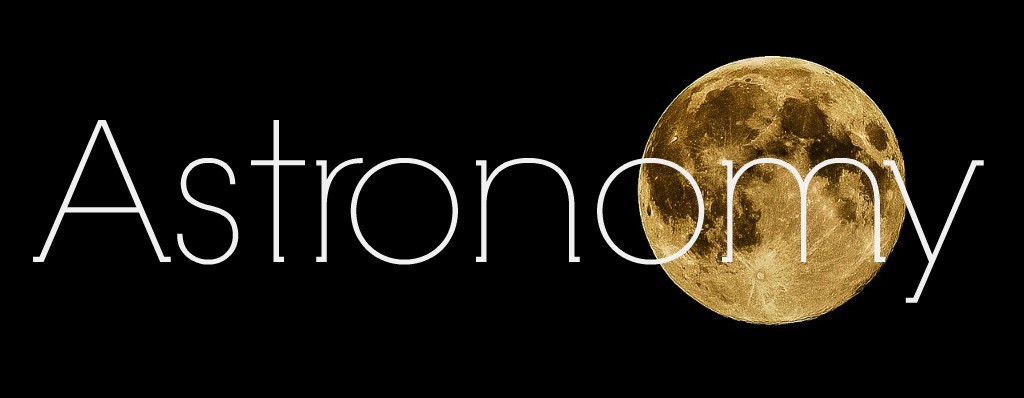 Astronomy Classes
Astronomy Classes
11. Space Fun
12. Stargazer’s Guide to the Universe. One possible text:
or
13. Patterns in the Sky (Constellations). One fun text for a younger co-op class would be H.A. Rey's
and
 Chemistry Classes
Chemistry Classes
14. Adventures with Atoms & Molecules
15. Come to the {Periodic} Table
16. Elemental Elements
17. Fizz, Bubble, & Flash!
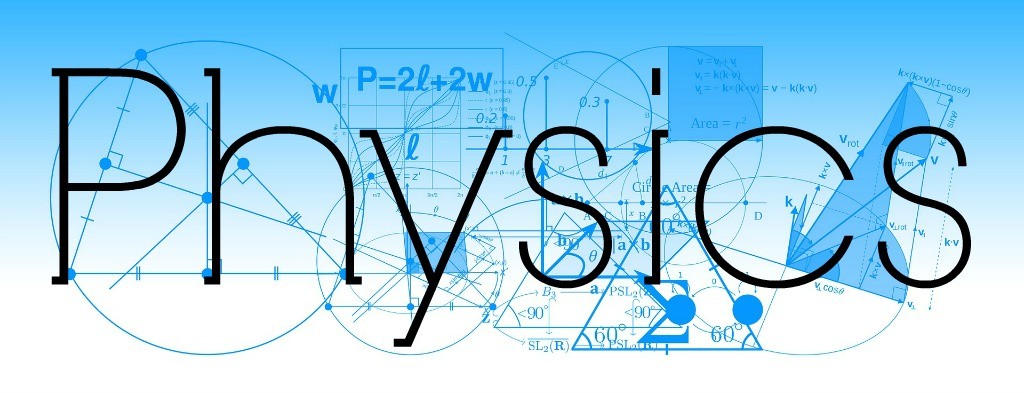 Physics Classes
Physics Classes
18. Simple Machines
19. Magnificent Machines. This would be a great class to learn about Rube Goldberg, too.
20. Magnet Magic. Kids are fascinated with magnets. Even a young class would have fun with this under proper supervision.
21. Snap Circuit Science. The basic set costs around $20, which is a reasonable materials fee for a co-op class.
 Earth Science Classes
Earth Science Classes
22. Weather. Imagine the fun of putting together your own forecast in front of a "Green screen" (could be as simple as green sheet).
23. Geology
24. Archeology
25. ‘Dem Bones (Archeology for Younger Students)
26. Rocks & Fossils (Geology for Younger Students)
27. Natural History
28. Oceans
29. Expedition Earth
30. 7 Continents Science
 Zoology Classes
Zoology Classes
31. Exploring Creation with Zoology 1: Flying Creatures of the Fifth Day
32. Exploring Creation with Zoology 2: Swimming Creatures of the Fifth Day
33. Exploring Creation with Zoology 3: Land Animals of the Sixth Day
34. Dino Science
35. Hooray for Habitats
36. Amazing Amphibians
37. Fantastic Fish
38. Incredible Insects
39. Brilliant Birds
40. Marvelous Mammals
 Origins and Worldviews Classes
Origins and Worldviews Classes
41. Creation Science Apologetics
42. Tall Tales: Exploring Creation Myths and Legends
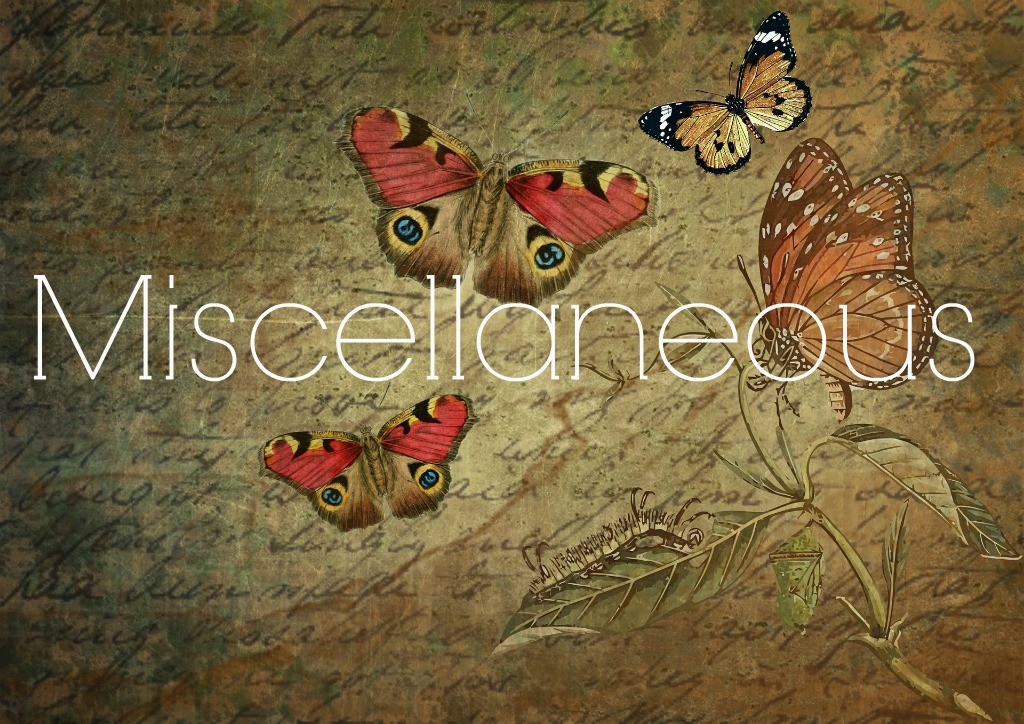 Miscellaneous Science Classes
Miscellaneous Science Classes
43. Messy Science
44. Nature Journaling
45. Science Notebooks
46. How Things Work
47. Art & Science
48. Zoo Fun
49. Farm Fun
50. Famous Scientists
51. Magic School Bus Science
52. Mudpies to Magnets
53. Wonderful Water
54. Kitchen Table Science
55. Science Fair Fun
56. Crash & Burn
57. Ooey Gooey Science
58. Janice Van Cleave Science. There are so many great books from Janice Van Cleave. She has something for almost all of the above categories.
59. Time Travel Science
60. Candy Chemistry
61. Full STEAM Ahead. Do an overview of Science, Technology, Engineering, Art, & Math together in one class.
62. Eyewitness Science. This DK series has a book for almost any topic you can imagine.
63. From the Roots: Latin & Greek Science Vocabulary
64. Backyard Science
65. 4 Seasons Science
66. Scary Science
67. Silly Science
68. 5 Senses Science
69. Snow Day Science
70. Dr. Seuss Science. Use "The Cat in the Hat Knows a Lot About That" to put together a science unit for younger students.
71. Eric Carle Science. This would be such a fun series for a preschool class. One fun take on this: Teach Bugs & Insects Using Eric Carle Books from Starts at Eight.
72. Science & Literature. One possible text:
A History of Science (A Literature Based Introduction to Scientific Principles and Their Discoveries)
73. Rainbow Science
74. Alphabet Science
75. Small Wonders: Tiny Science
76. Microscope Lab
77. Science in Song and Verse. Use your favorite poems about the world or make up some new ones.
78. Wild Kratts Science
79. Bill Nye the Science Guy Science
80. Disney Imagineering
81. Forensics
82. Dollar Store Science. Get inspired with these 15 Items You Need from the Dollar Store and then take off from there.
83. Lego Learning. Every co-op should have at least one class with Legos, right? There are some fun ideas in this book to get your started:
84. Robotics
85. Science Sleuths
86. Star Wars Science. Check out this post from Left Brain Craft Brain: Star Wars STEM Learning to get some inspiration.
87. Science or Science Fiction?
88. Scientists, Engineers, & Inventors
89. Introduction to Computer Science
90. Programming for Kids
91. Science in the Bible
92. Survival Skills Science
93. Montessori Science
94. Sower Science. This Christian biography series includes many great scientist and inventors.
95. Energy & Explosions
96. TED Talk Science. Check out this TED Talk Playlist for starters.
97. Minecraft Science
98. What’s the Matter (Exploring States of Matter)
99. Wizard’s Lab
100. Measure Up (Clocks, Calendars, Liquid Measures, etc.)
101. Air Is Not Oxygen: Essential Science You Should Have Learned ... But Probably Didn't!
As I mentioned in my disclosure above, this post was inspired by the book Air Is Not Oxygen
by Dr. Bill Morelan.
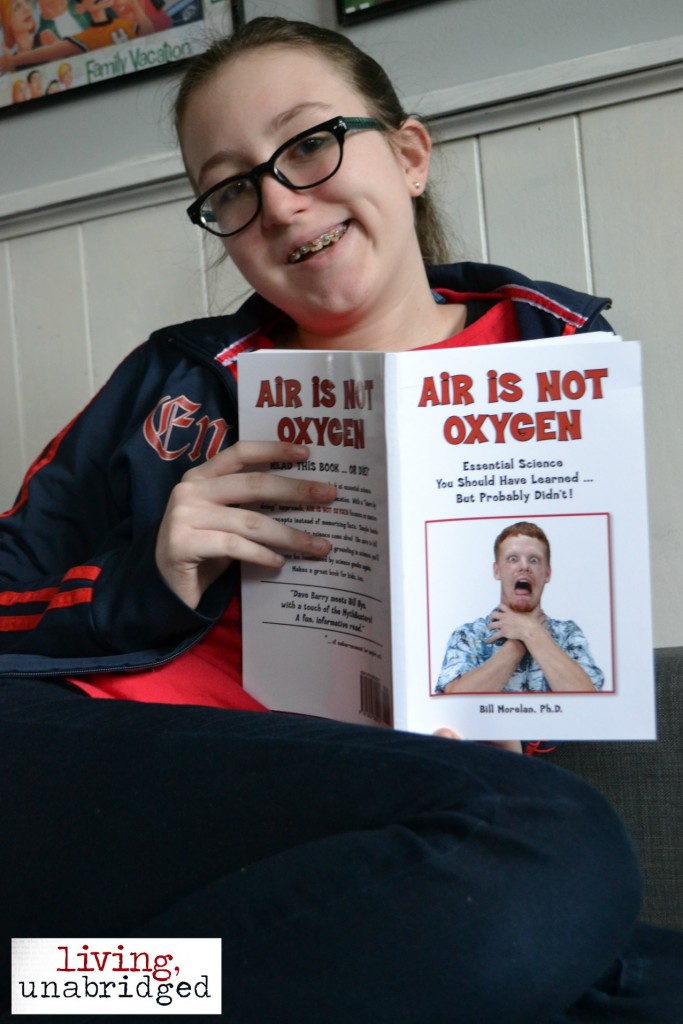
Why Did Air Is Not Oxygen Inspire This List of Classes?
Inspire This List of Classes?
Because as I read through it with my oldest daughters I immediately thought about how perfectly it was laid out for a co-op type setting. There are almost exactly the right amount of chapters for a two term co-op (12 weeks in each term) like ours.
The major divisions are:
- Physical Science
- Life Science
- Earth & Space Science
Each chapter is brief, witty, has several experiments using readily available materials, and meets current national standards for Science instruction. There are bonus investigations at the end of the book (titled Related Science).
I loved that the experiments don't call for items I've never heard of or can't get easily. The author's tone is fun and the chapters are short so it never feels like information overload. Vocabulary is concisely explained and the author doesn't talk down to the reader. There are fun quotes throughout and I especially appreciated his epigraph where he tells the student to put down the book and go outside. I sometimes wonder if we wouldn't have so much panic about "STEM" education if our children played outside more. Science begins with what you observe and kids aren't observing as much as they used to. [OK, sermon over. Couldn't help slipping into "Back in My Day" mode there for a minute!]
Dr. Morelan has been a "Teacher of the Year" in two states but he is also a pioneer homeschooler who taught his daughters at home in the '80's. This gives him a great perspective on teaching Science, whether in a classroom or home setting. Because isn't it nice when you know an author has real experience?
I hope this post has given you some ideas for your homeschool or homeschool co-op Science classes. Pick upAir Is Not Oxygen, work through it a bit at a time with your kids, and then go outside!
Looking for more Science teaching ideas? I have a Pinterest Boards for you:
Follow Karen (Living Unabridged)'s board Homeschooling - Science on Pinterest.
I have other subject specific Pinterest boards too, so come on over!





























